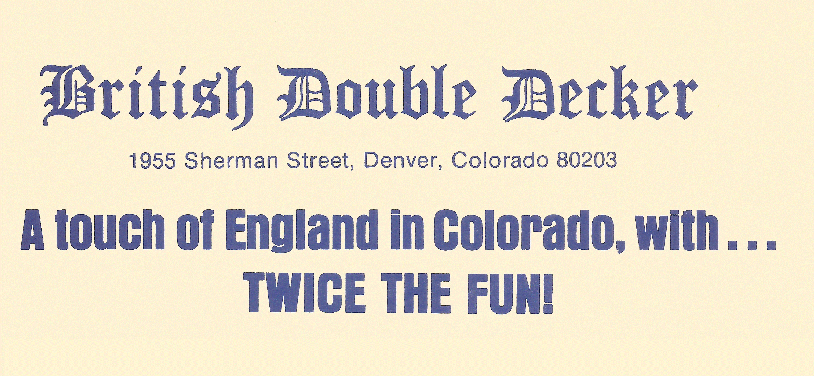BACKGROUND TO THE DMS SELL-OFF
After the sell off many bus operators large and small had years trouble-free service from the DMS.
To understand London Transport's problems it's necessary to know a little about LT's history.
LT's history can be traced back to 1900s when buses were horse drawn. A few operators dabbled
in mechanical propulsion with little of success. Vanguard was building it's own buses with some success as was arch rival General.
In the 'power struggle' between them General bought Vanguard. It's bus building side later produced large numbers of the famous 'B'
type. Many were used in France during the Great War. Experience in Wartime conditions brought improvements.
In the 1920s new operators appeared, many owned by ex-servicemen with mechanical experience gained in France,
funded by gratuities from their war service. General fought off many, often buying up their rivals known as 'Pirates',
whose standards were often poor. General remained dominant until the early 1930s when through legislation all operators in London were brought
under the control of a new body called 'London Transport'.
With the need for a single set of standards, London Transport looked at the operators it now owned and decided
to base the standards on those of General, the largest operator it now owned. Those standards though refined and expanded remained in place until just a
few years ago.
The problems for the DMS and other 'off the peg' bus purchases came from LT's
unbending adherence to a costly overhaul system rather than the buses it purchased. From the the 1930's through to the famous
'Routemaster' most London's buses had been designed especially for service in London, AND
for LT's servicing regime. THAT involved removing the body for overhaul and stripping the chassis of all mechanical components for separate
servicing. The emergence weeks later of virtually a new bus was the result. The Routemaster was designed with the strength in the bodywork to which
the mechanical units, axles etc were attached. Most 'off the peg' buses were not. Once the body was removed from the chassis it became weak as LT found out.
This and the unwillingness of LT to persevere led to short lives in London and sale after just a few years service.
As Routemaster production ended, LT faced political pressure to buy Leyland, then UK’s main bus builder. Large numbers
of single deckers were bought. Unpopular, with fewer seats and more standing, driver only operation with coin-in-the-slot ticket machines
and turnstyles, they were unreliable and soon sold. In mid-1960s trials, Leyland’s Atlantean lost out to
Daimler’s Fleetline, as the DMS. It's demise was hastened by LT wanting new buses before the Government ended the 50% grant for driver
only buses. These materialised as Leyland Titans and MCW Metrobuses.
The Buses Index Index
|



